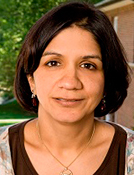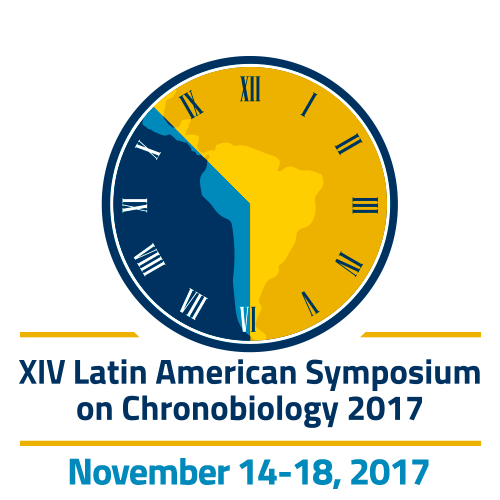Plenary lecture speakers
XIV Latin American Symposium on Chronobiology 2017 - LASC 2017
 Jay Dunlap
Jay Dunlap
Dartmouth College, USA.
Jay Dunlap’s research seeks to understand the mechanism by which eukaryotic organisms keep time on a daily basis, and how this capacity is used to regulate metabolism and development. His work uses primarily the fungus, Neurospora crassa, as model organism.
Website: https://geiselmed.dartmouth.edu/dunlaploros/
 Susan Golden
Susan Golden
HHMI Professor, University of California San Diego, USA.
Susan Golden studies the mechanism of the circadian clock in cyanobacteria using Synechococcus elongatus, an organism she helped to develop as the premier model for studying the clock in prokaryotes. Her team’s goal is to understand the basic mechanism of timekeeping and how the clock becomes synchronized with the environment and controls cellular processes.
Website: http://biology.ucsd.edu/research/faculty/sgolden
 Michael Rosbash
Michael Rosbash
HHMI Investigator, Brandeis University, USA.

Michael Rosbash’s research seeks to understand: (1) the Drosophila brain circadian circuitry and its relationship to behavior, phase shifting, and the molecular clock; (2) the mechanism and importance of circadian neuronal plasticity; (3) the why and how of sleep and its relationship to circadian rhythms; (4) the contribution of posttranscriptional regulation to circadian biology, sleep, and neuronal function; and (5) circadian timing, circadian transcriptional regulation, and the enigmatic process of temperature compensation.
Website: http://www.hhmi.org/scientists/michael-rosbash
 Amita Sehgal
Amita Sehgal
HHMI Investigator, University of Pennsylvania, USA.
Amita Sehgal’s major goal is to understand the molecular and cellular networks that drive behavior, in particular rhythmic behaviors such as sleep. Her studies are largely done using the fruit fly, Drosophila melanogaster, and are directed towards elucidating the mechanisms that confer a circadian (~24-hour) periodicity on much of behavior and physiology as well as understanding how and why the need to sleep is generated.

